Tourism Ministry says that Israel’s hotels are experiencing growth despite slow down in activity; calls on businesses to improve their services and make the tourism industry less impactful on the environment
With the bustling conference hall at a luxury Tel Aviv back in November and hearing the inspirational chatter about the glowing future for tourism in Israel, one could be forgiven for believing that a pandemic that proved so ruinous for the industry had bypassed the country.
That is not quite the case, for tourism – the bedrock of Israel’s economy – did suffer the same COVID closures and struggles as in the rest of the world, but the speed with which the industry has bounced back in the country is certainly noteworthy.
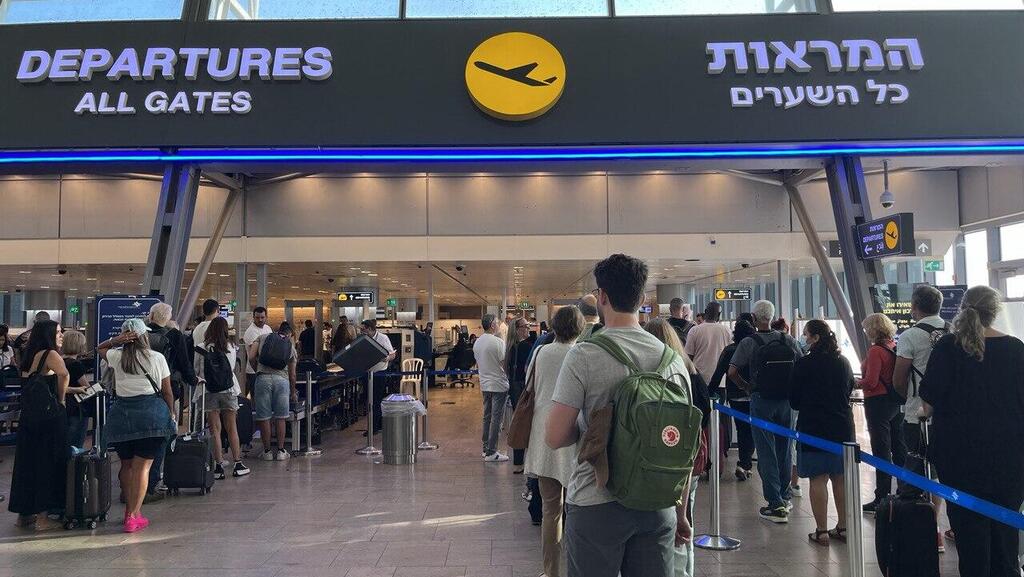
According to the Tourism Ministry, October 2022 saw 333,500 tourist entries, compared to 57,000 for the same month a year earlier. This is just a 25% decrease from the 447,100 entries in October 2019, which was a high for Israel’s incoming tourism – both for that time and for the entire year.
Industry leaders do indeed seem determined to put the pandemic behind them and look ahead to making the sector bigger and better, at least in Israel. And for international hotel chains eager to get back on track, Israel is a perfect fit – what they see as an enticing blend of East and West.
New hotels are springing up at an impressive rate in Israel, with major international players investing heavily as they count on the revived tourism industry.
“The big chains are seeking opportunities” in Israel, Aharon says, adding that this applies to both those who are already operating in the country and others who have yet to make their mark.
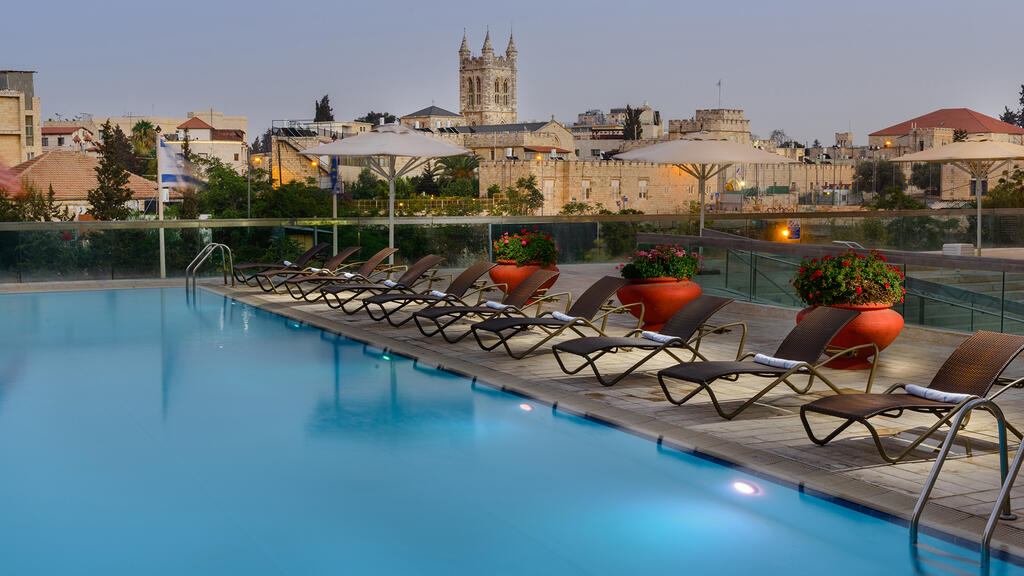
The Accor Hospitality Group, the largest of its kind in Europe and the sixth largest in the world, is one of the international companies that is planning to expand its significant presence in Israel.
With a host of hotel brands in its group, many in Israel already, Accor is about to open a “small boutique hotel” on Lilienblum Street in the heart of Tel Aviv. It is also planning another luxury hotel on the same street, in a building that used to house the Eden Theater, built in 1914, one of the first cinemas in Ottoman-ruled Palestine.
Next year, it is also planning to open a Swissôtel (a Swiss chain of luxury hotels owned by Accor) in the coastal city of Bat Yam, just a few kilometers south of Tel Aviv, as well as hotels in Jerusalem and its suburb Mevaseret Zion by 2024.
Nor is the company restricting its expansion solely to the Tel Aviv and Jerusalem areas. Accor intends to be part of a massive expansion that Israel is planning at the Dead Sea, where its Ein Bokek resort district is already massively popular both with Israelis and foreign visitors.
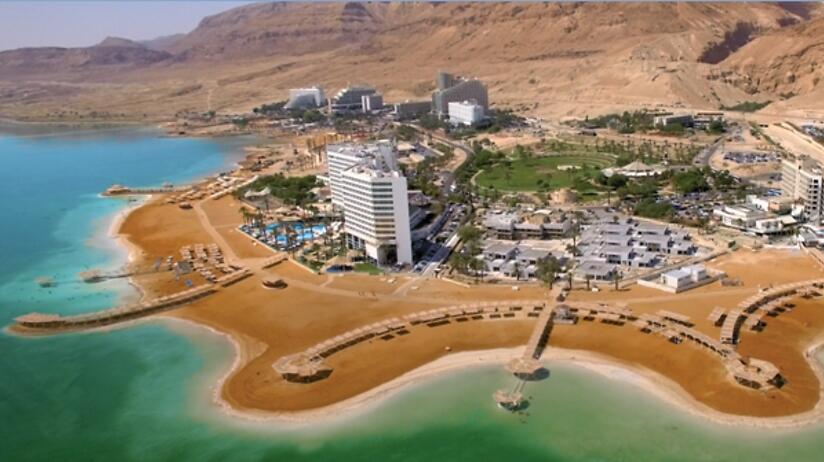
Accor is “looking at making one or two five-star luxury hotels” in the new Dead Sea development, its VP of development in South Europe, Jérôme Lassara, said at the conference.
Innovation also seemed to be a buzzword at the conference, with the major players looking for new ways to attract and retain customers.
Lassara said Accor was focusing on what he called a relatively new trend within the industry for “lifestyle hotels.” These integrate a more expansive experience than just “copy-paste” room, board, and other offerings one expected from a hotel.
These hotels, he said, become a place that “lives within the city” and welcomes not only travelers but also locals, by offering restaurants and working spaces as well as rooms.
“When you can attract people from the city, it becomes a vibrant place,” he said. Ultimately, it “becomes a destination for the people from the city.”
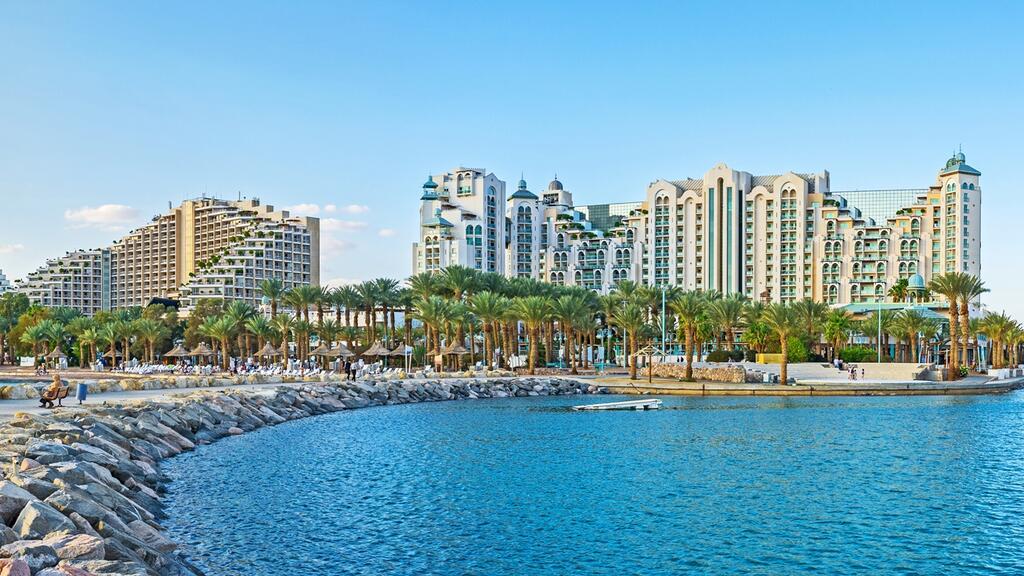
“At least 40% of your turnover is going to be done with other activities than the rooms, and these other activities are going to be done with at least 70% of local people,” he said.
Furthermore, he said, hotels are now incorporating the unique atmosphere of their individual locations into their design, as “guests didn’t want to always have the same place [where] I go to Tel Aviv, and I get the same room as I got in London.”
The hotel chains are seeking “less standardization, to be able to adapt to the country and provide more experiences for the guests.”
Regarding Israel, he cited the example of the homegrown Brown Hotel chain, which has “lifestyle” hotels in Tel Aviv, Jerusalem and Eilat (as well as in foreign destinations).“They provide something different that is successful also because it is not the typical [hotel],” he said.
Israel’s Tourism Ministry is also eyeing less conventional recreational accommodation, promoting new features to expand the reach of tourism in the country.
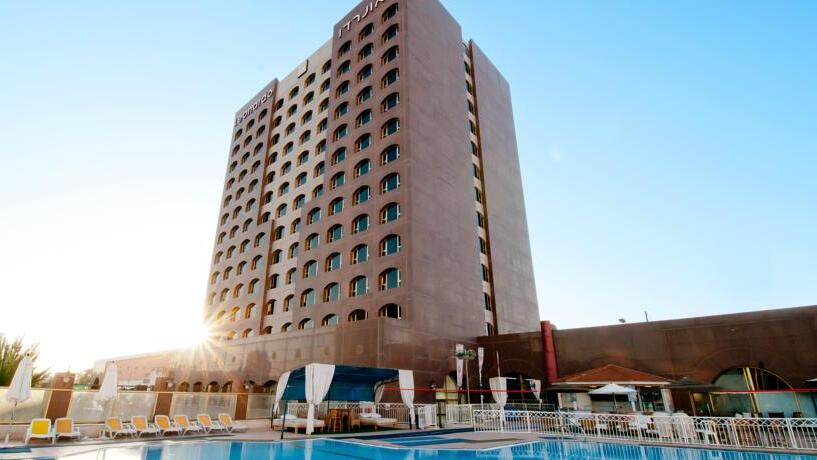
Aside from hotel chains advertising their wares, the conference for the first time included local councils in southern Israel, which are planning their own individual tourism ventures.
The municipalities of Be’er Sheva and Ashdod each had their own spot at the event, hoping for investment for major developments that would attract both local and foreign tourists, the latter of which tend to largely stick to the familiar destinations of Tel Aviv, Jerusalem and Eilat.
Another change, according to Christian Michel, vice president of development for Europe at Wyndham Hotels and Resorts, is an industry-wide move toward environmental friendliness that is increasingly being demanded by consumers.
This is perhaps most noticeable in the disappearance of the miniature bottles of soaps and creams that have long been the staple of hotel bathrooms, in favor of dispensers that do not require the use of so much plastic.
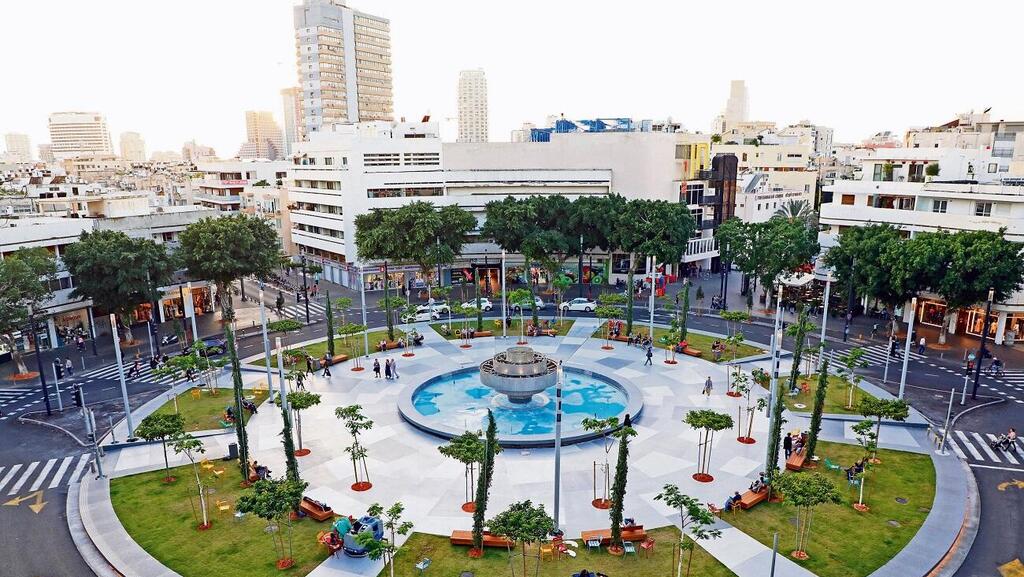
“In all the industry there is a big debate over how many tons of plastic we are using – and all the big chains are going in the same direction. I think some of the high-end luxury hotels will try to keep the little bottles, but the rest of the industry is moving definitely to dispensers,” he said.
Issues such as climate change are “very important” to the industry, as more and more guests take environmental concerns into consideration when choosing their hotels, Michel said.
Aside from safety and security at hotels, environmental friendliness is of increasing importance, especially for the large corporations whose business his hotels court, Michel said.
“For some companies, if you do not have this in place, they will not select hotels,” he explained.
From experience-centered hotels to green credentials, these evolving trends are making themselves felt in Israel, where tourism is part of the lifeblood of the country and whose many splendid sights will no doubt keep drawing visitors for years to come.
As reported by Ynetnews
